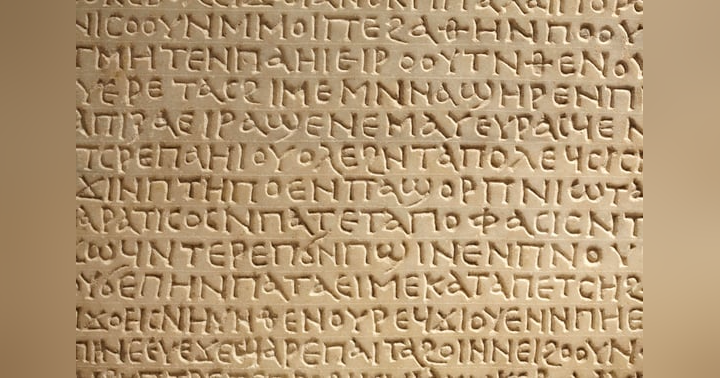The Importance of Ye, Thou, and Thee in the KJV.

We were asked by one of our listeners to explain the importance of ye, thou, and thee in the King James Version of the Bible. Here is our response:
I will say I know when I was ignorant and not just ignorant in the aspect of never really being told any difference. You know, I was just a Christian that went to church. I also didn't understand the purpose of it. It wasn't until I had gotten older and went to Bible college and started studying that it was opened up to me and I think that it's one of those subjects that makes you feel like it's common sense, so it doesn't get talked about as much, but there is a different meaning to those words besides just the thees and thous. I believe Pastor Bailey was the first one that mentioned it to us. For example, one of those is thee and ye, and he brings up the passage when Jesus is talking to Nicodemus in a one-on-one conversation and he says, "Marvel not that I say unto thee, ye must be born again" (John 3:7). Pastor Bailey pointed out that the thee there is a personal pronoun, talking about you and in the ye is talking about everyone right, so, in that point, he's not just saying marvel not that I say unto you Nicodemus, you must be born again. He's saying marvel not that I say unto you that you all, or y'all country, must be born again. That's what the word ye there means. I will say, personally, I understand where that question comes from.
The pronoun thee is singular, and the pronoun ye is plural. If you can imagine in that conversation between Jesus and Nicodemus, the statement that Jesus was making was in a one-on-one portion of the dialogue that was directed specifically to Nicodemus, but then for the rest of it was the explanation of the new birth, which applied to a plural audience that was there listening. So when Jesus said to Nicodemus, "Marvel not that I say unto thee to you personally Nicodemus, ye to the entire crowd listening, must be born again." So when he's talking to Nicodemus in a debate, he refers to him on that personal level, but then when he's referring to the message of the new birth, which could be applied to everyone listening and even to the entire world, he uses the term ye, which is a plural application.
There are other translations with that same verse in John. They just take the thee and the ye and just put you. So now we're only talking to Nicodemus. So now, according to that translation, the message of the new birth is only for Nicodemus, and that destroys the global effect of the gospel.
